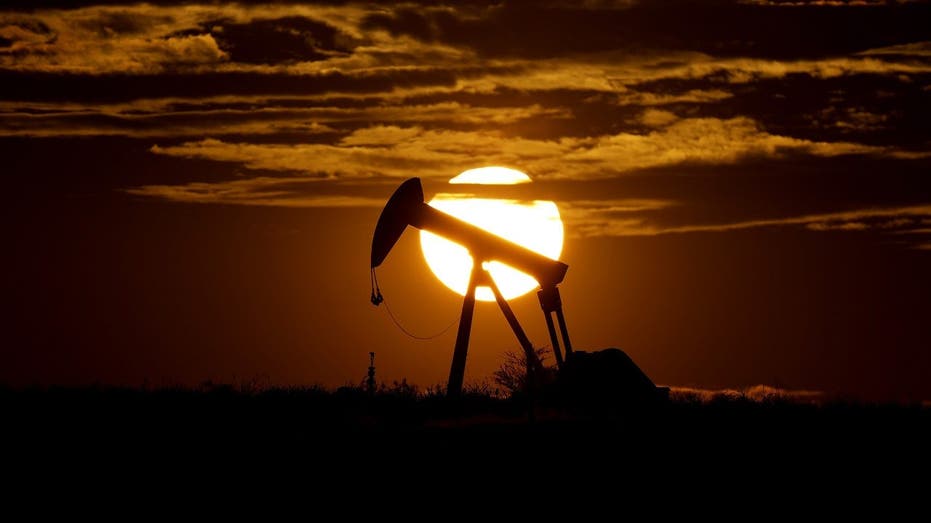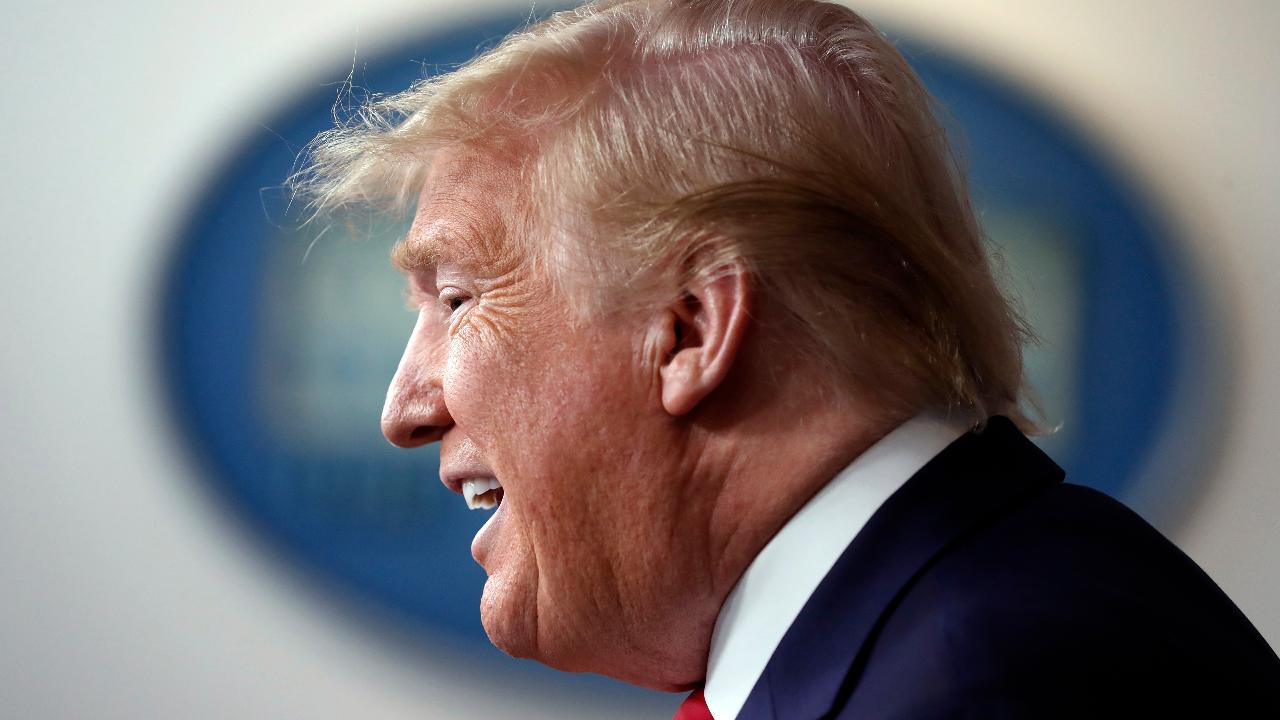OPEC standoff with Mexico imperils 10M-barrel oil cut
79% of world's oil-storage capacity is already full
A deal between OPEC and nations including Russia to boost oil prices involves a 10 million barrels per day cut until July, then an 8 million barrels per day cut through the end of the year, though the cartel said Friday its approval hinges on Mexico's agreement.
A marathon videoconference call between OPEC and other producers lasted until early Friday morning, when it apparently devolved into a standoff. The cartel, Kuwait and Saudi Arabia say Mexico's refusal to agree blocked the proposed accord.
Mexico has yet to respond, though the deal comes as prices have been gutted by the coronavirus pandemic and the COVID-19 illness it causes. Analysts warn even these proposed cuts may not be enough to offset the loss in demand.
GET FOX BUSINESS ON THE GO BY CLICKING HERE
“COVID-19 is an unseen beast that seems to be impacting everything in its path,” OPEC Secretary-General Mohammed Barkindo said at the start of the meeting, according to a statement. “There is a grisly shadow hanging over all of us. We do not want this shadow to envelop us. It will have a crushing and long-term impact on the entire industry.”

Idle pump jack near Karnes City, Texas. (AP Photo/Eric Gay)
OPEC said the deal also calls for a 6 million barrel per day cut for 16 months beginning in 2021.
U.S. President Donald Trump earlier said he spoke with Russian President Vladimir Putin and King Salman of Saudi Arabia about the negotiations.
“They’re getting close to a deal that’s OPEC and many other countries outside of OPEC, and we’ll see what happens,” Trump said at a White House news briefing.
“There’s so much production nobody even knows what to do with it, that’s how it’s working,” he added.
But by early Friday, Kuwait Oil Minister Khaled al-Fadhel suggested the deal was not yet done.
TRUMP HOLDS OIL CALL WITH SAUDIS, RUSSIA
“At the meeting for the OPEC group that ended at 3 a.m., Mexico disrupted the agreement of all the countries to reduce the production of oil by 10 million barrels a day,” al-Fadhel wrote, without elaborating.
There was no immediate response from Mexico, though its Energy Minister Rocío Nahle wrote around the same time on Twitter that Mexico proposed cutting its output by 100,000 barrels a day for the next two months after producing 1.7 million barrels in March.
Saudi state television also quoted Energy Minister Prince Abdulaziz bin Salman as saying the OPEC+ deal “depends” on Mexico. OPEC also made that clear.
“The agreement is conditional on the consent of Mexico,” OPEC said.
The baseline for the agreement sees Saudi Arabia and Russia, the two dominant producers, cutting back from 11 million barrels a day, OPEC said.
The oil market was already oversupplied when Russia and OPEC failed to agree on output cuts in early March. Analysts say Russia refused to back even a moderate cut because it would have only served to help U.S. energy companies that were pumping at full capacity. Stalling would hurt American shale-oil producers and protect market share.
Stocks In This Article:
Russia’s move enraged Saudi Arabia, which not only said it would not cut production on its own but said it would increase output instead and reduce its selling prices in what became effectively a global pricing war.
In the time since, prices have collapsed as the coronavirus and the COVID-19 illness it causes have largely halted global travel. International benchmark Brent crude traded Friday over $31 a barrel while the U.S. benchmark West Texas crude traded under $23.
Russia relies on oil as the main source of income, and the price collapse caused the ruble to crash. That boosted the cost of imports and sped up inflation.
US BANKS PREPARE TO SEIZE ENERGY ASSETS AS SHALE BOOM GOES BUST
In his opening remarks at the start of Thursday’s call, Russian Energy Minister Alexander Novak emphasized the need for “all oil-producing countries to pool efforts to change the situation of a significant global oversupply.” He said global demand had fallen by 10million to15 millions barrels a day.
“We believe it necessary to increase the number of countries that could join efforts to help stabilize the situation,” he said, welcoming Norway, Canada, Indonesia and others that hadn’t been part of the so-called OPEC+ talks.
Analysts, however, warn the proposed 10 million barrel per day cut for May and June will not be enough to offset plummeting demand for oil globally, and runs the risk of coming too late as storage capacity for oil nears its maximum. Even if North American producers took 5 million barrels a day off the market, there could still be an excess supply of 5-10 million barrels per day.
CLICK HERE TO READ MORE ON FOX BUSINESS
Research firm Rystad Energy estimates the imbalance for April is 27.4 million barrels per day. The firm says global storage of crude is already close to being filled to the brim, estimating that on average 79% of the world’s oil storage capacity is already full. Around 7.4 billion barrels of crude and products are in storage, including 1.3 billion currently on board tankers at sea.
Chris Midgley, global head of analytics for S&P Global Platts, said the proposed cuts are unlikely to have any significant impact on April supply, and thus run the risk of getting close to exhausting all available storage in May.
However, a cut of 10 million to 15 million barrels per day is enough to prop up oil prices and helps to reduce strain on crude storage facilities, analysts said.




















